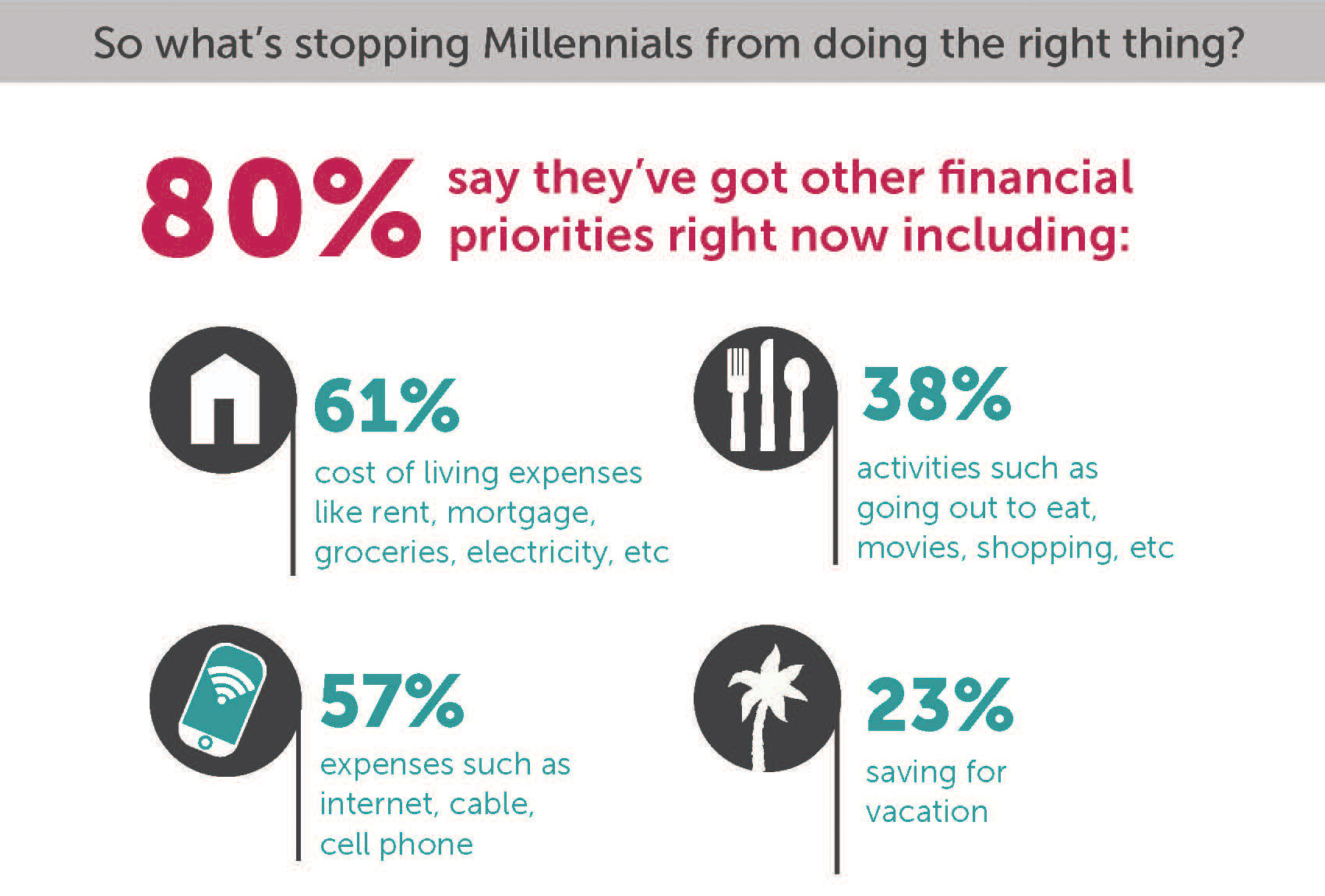Whole life and universal life insurance coverage are both considered permanent policies. That suggests they're developed to last your entire life and will not expire after a particular amount of time as long as required premiums are paid. They both have the prospective to build up money worth in time that you might be able to obtain versus tax-free, for any factor. Because of this feature, premiums might be greater than term insurance coverage. Whole life insurance policies have a set premium, suggesting you pay the exact same quantity each and every year for your protection. Just like universal life insurance, entire life has the prospective to collect money worth gradually, producing a quantity that you might have the ability to borrow versus.
Depending on your policy's possible money worth, it may be used to skip an exceptional payment, or be left alone with the possible to collect value with time. Prospective development in a universal life policy will vary based on the specifics of your private policy, in addition to other elements. When you purchase a policy, the releasing insurer develops a minimum interest crediting rate as detailed in your agreement. However, if the insurer's portfolio earns more than the minimum rates of interest, the business may credit the excess interest to your policy. This is why universal life policies have the possible to make more than a whole life policy some years, while in others they can earn less.
Here's how: Since there is a cash worth component, you might be able to skip premium payments as long as the cash value is enough to cover your needed costs for that month Some policies may enable you to increase or decrease the survivor benefit to match your specific scenarios ** In a lot of cases you might borrow against the money worth that might have built up in the policy The interest that you might have made over time builds up tax-deferred Whole life policies provide you a fixed level premium that won't increase, the prospective to accumulate cash worth gradually, and a repaired survivor benefit for the life of the policy.
As an outcome, universal life insurance coverage premiums are typically lower during periods of high rate of interest than entire life insurance premiums, frequently for the same amount of protection. Another key difference would be how the interest is paid. While the interest paid on universal life insurance is typically adjusted monthly, interest on an entire life insurance coverage policy is typically changed annually. This could indicate that during periods of rising rates of interest, universal life insurance coverage policy holders may see their cash values increase at a rapid rate compared to those in entire life insurance coverage policies. Some people might choose the set death advantage, level premiums, and the capacity for growth of a whole life policy.
/https%3A%2F%2Fd3b3by4navws1f.cloudfront.net%2FRoot_Canal_Treatment_2_a.png)
Although entire and universal life policies have their own distinct functions and advantages, they both focus on supplying your loved ones with the cash they'll need when you die. By dealing with a certified life insurance agent or company representative, you'll be able to pick the policy that best meets your specific requirements, budget, and monetary objectives. You can likewise get afree online term life quote now. * Offered required premium payments are timely made. ** Boosts might undergo additional underwriting. WEB.1468 (How much is homeowners insurance). 05.15.
The Single Strategy To Use For What Is Insurance Premium

You don't need to guess if you should register in a universal life policy since here you can learn everything about universal life insurance pros and cons. It's like getting a sneak peek before you purchase so you can choose if it's the best kind of life insurance for you. Continue reading to learn the ups and downs of how universal life premium payments, cash value, and death benefit works. Universal life is an adjustable kind of long-term life insurance that permits you to make changes to 2 primary parts of the policy: the premium and the death benefit, which in turn affects the policy's money worth.
Below are a few of the overall advantages and disadvantages of universal life insurance coverage. Pros Cons Designed to offer more versatility than entire life Doesn't have actually the guaranteed level premium that's readily available with whole life Money worth grows at a variable interest rate, which could yield higher returns Variable rates also indicate that the interest on the cash worth might be low More chance to increase the policy's money value A policy generally needs to have a favorable money value to stay active Among the most appealing functions of universal life insurance is the capability to select when and how much premium you pay, as long as payments meet the minimum amount required to keep the policy active and the IRS life insurance coverage guidelines on the maximum amount of excess premium payments you can make (How to cancel geico insurance).
But with this flexibility also comes some downsides. Let's discuss universal life insurance advantages and disadvantages when it pertains to changing how you pay premiums. Unlike other types of permanent life policies, universal life can change to fit your monetary requirements when your capital is up or when your budget is tight. You can: Pay greater premiums more regularly than needed Pay less premiums less frequently and even avoid payments Pay premiums out-of-pocket or use the cash value to pay premiums Paying the minimum premium, less than the target premium, or avoiding payments will adversely impact the policy's cash worth.